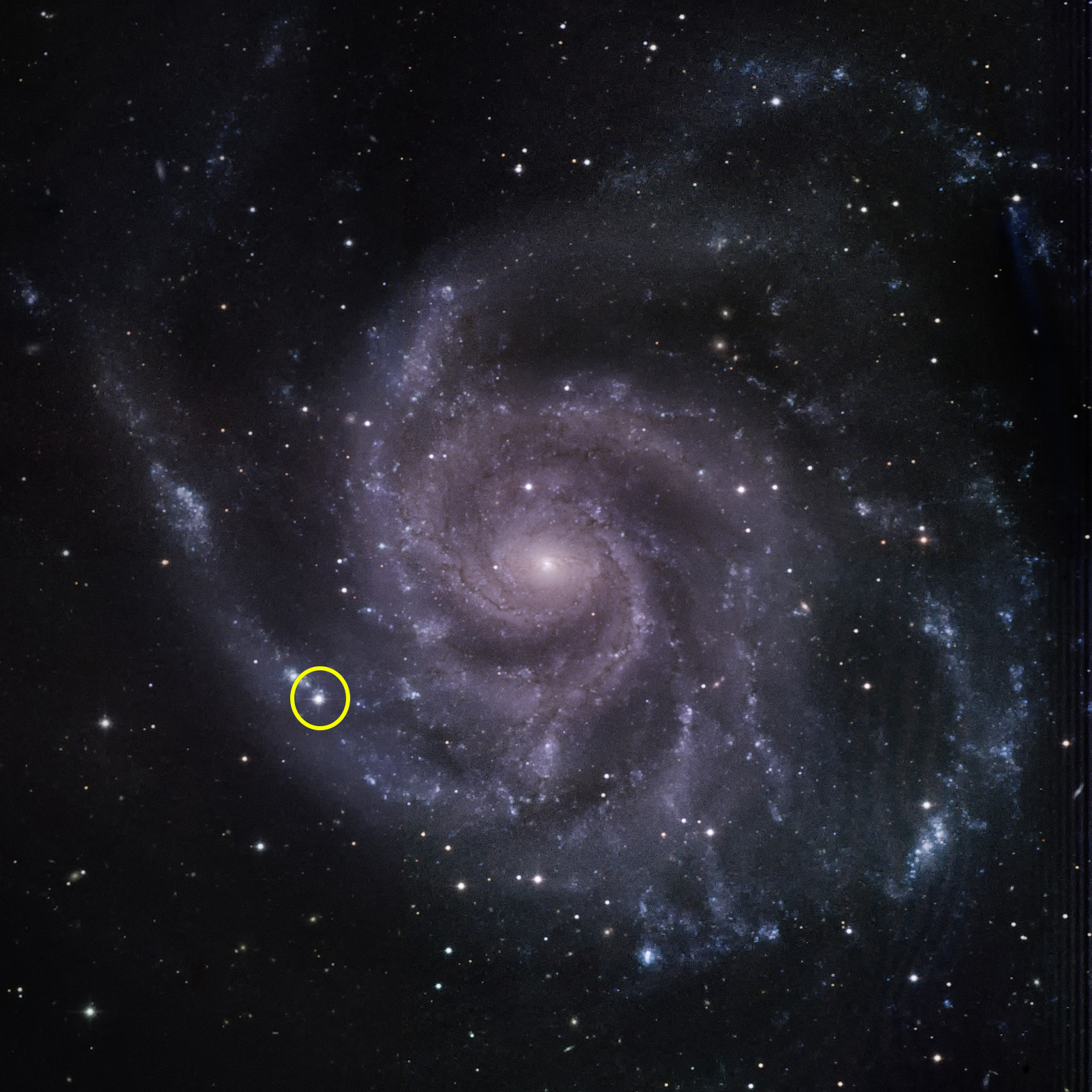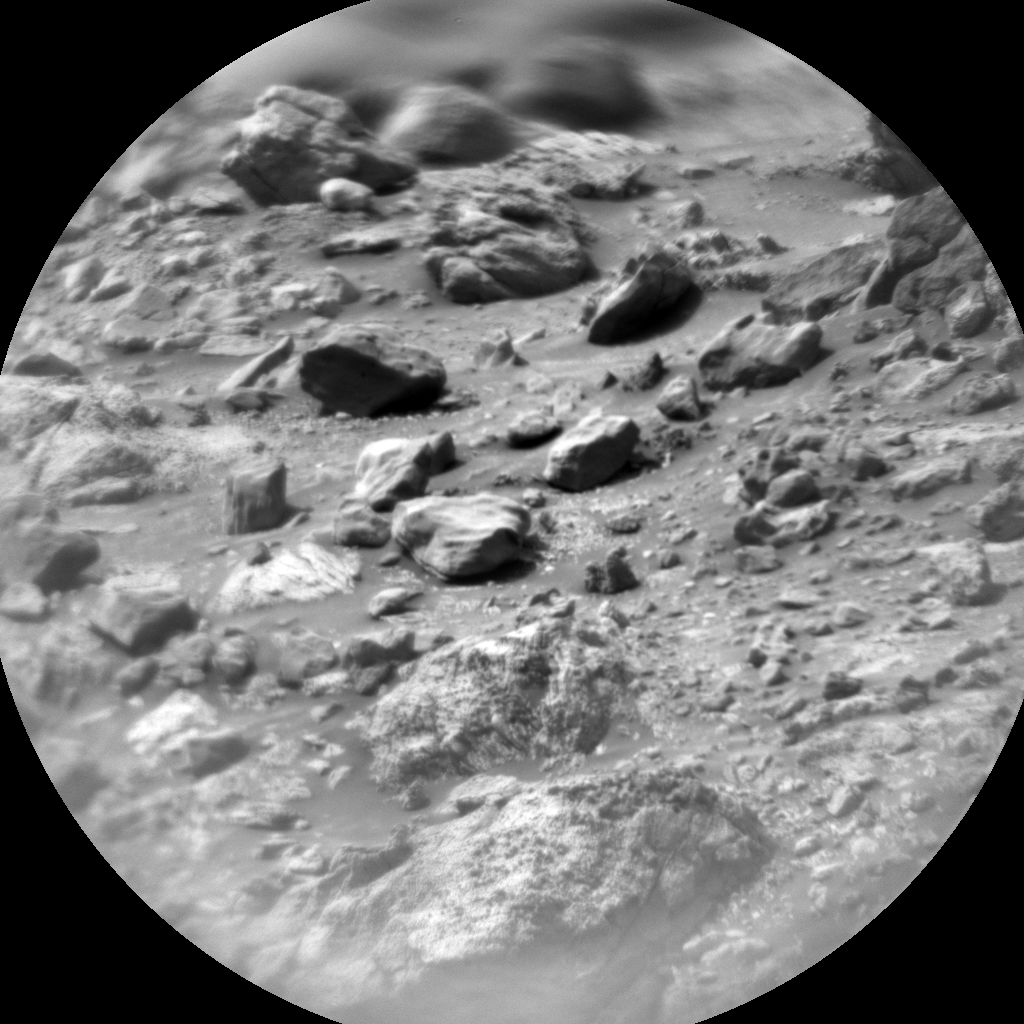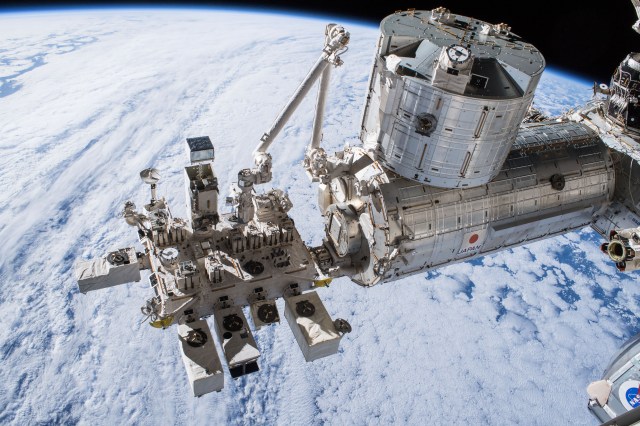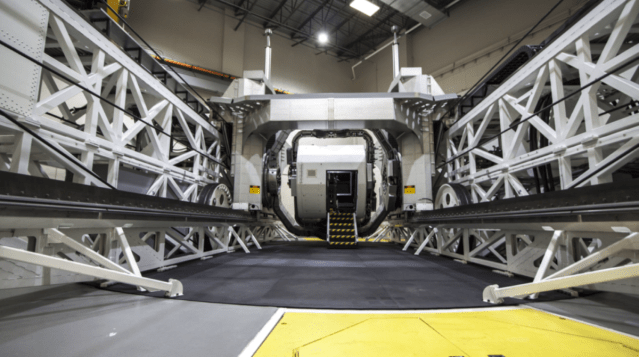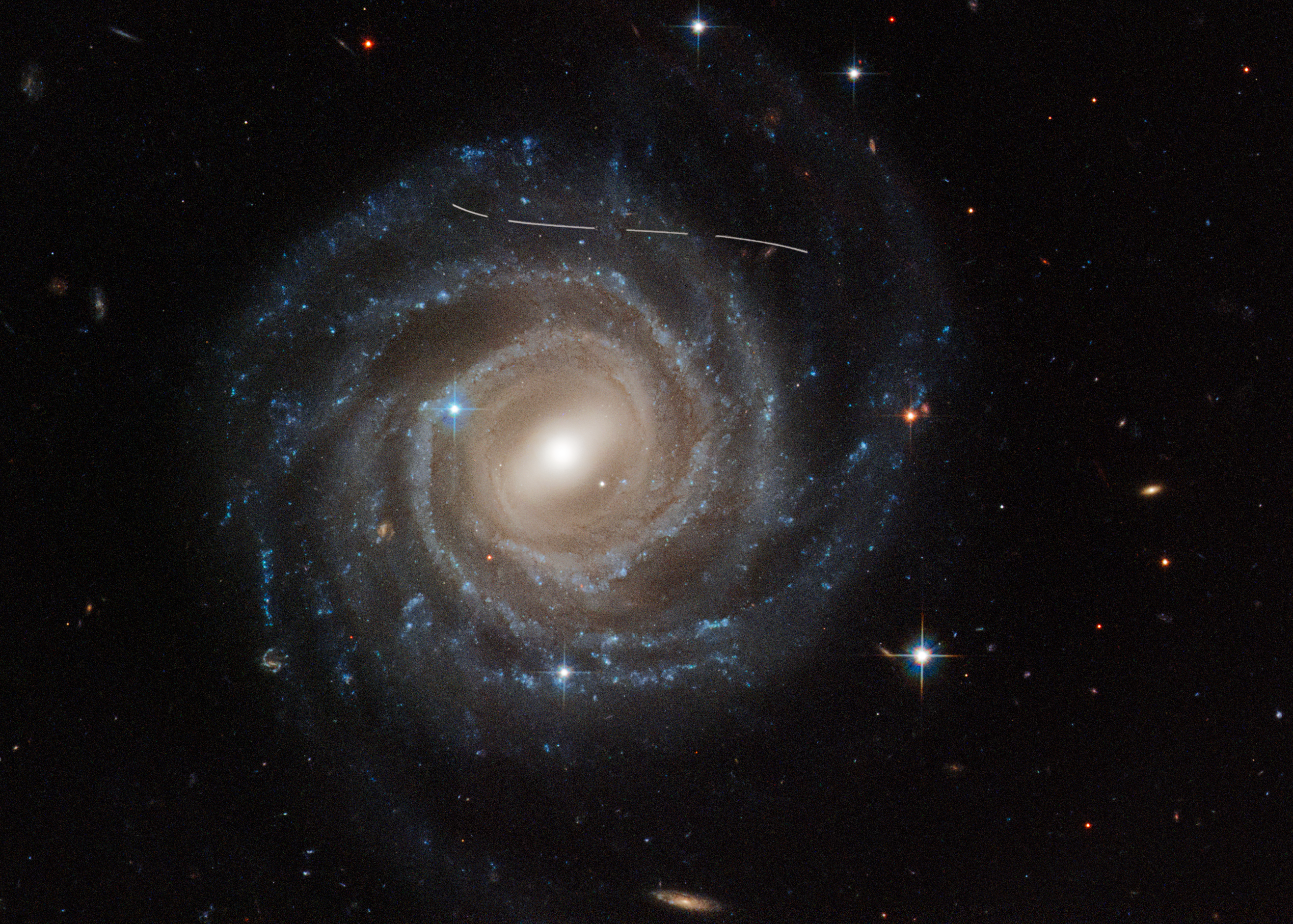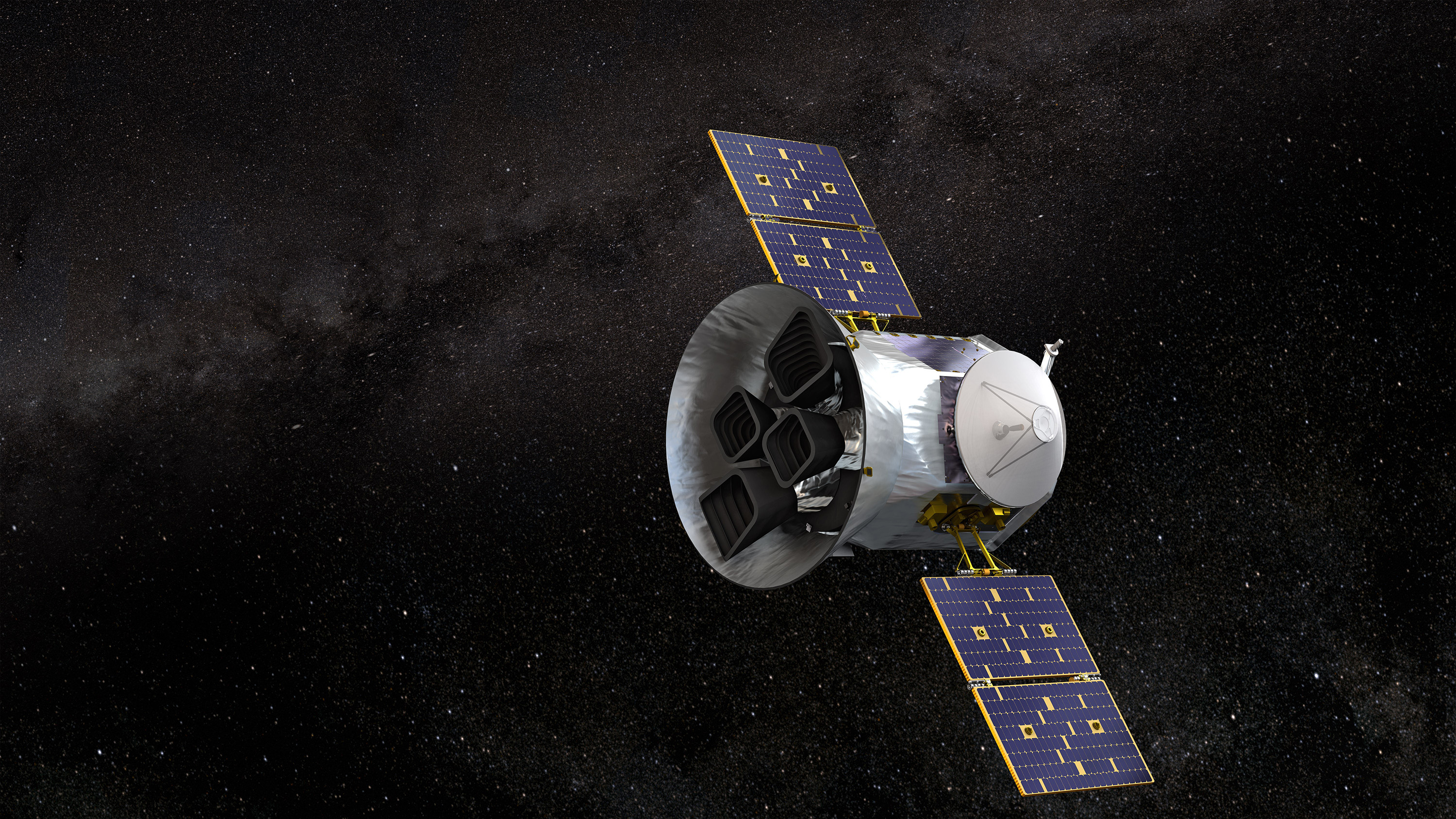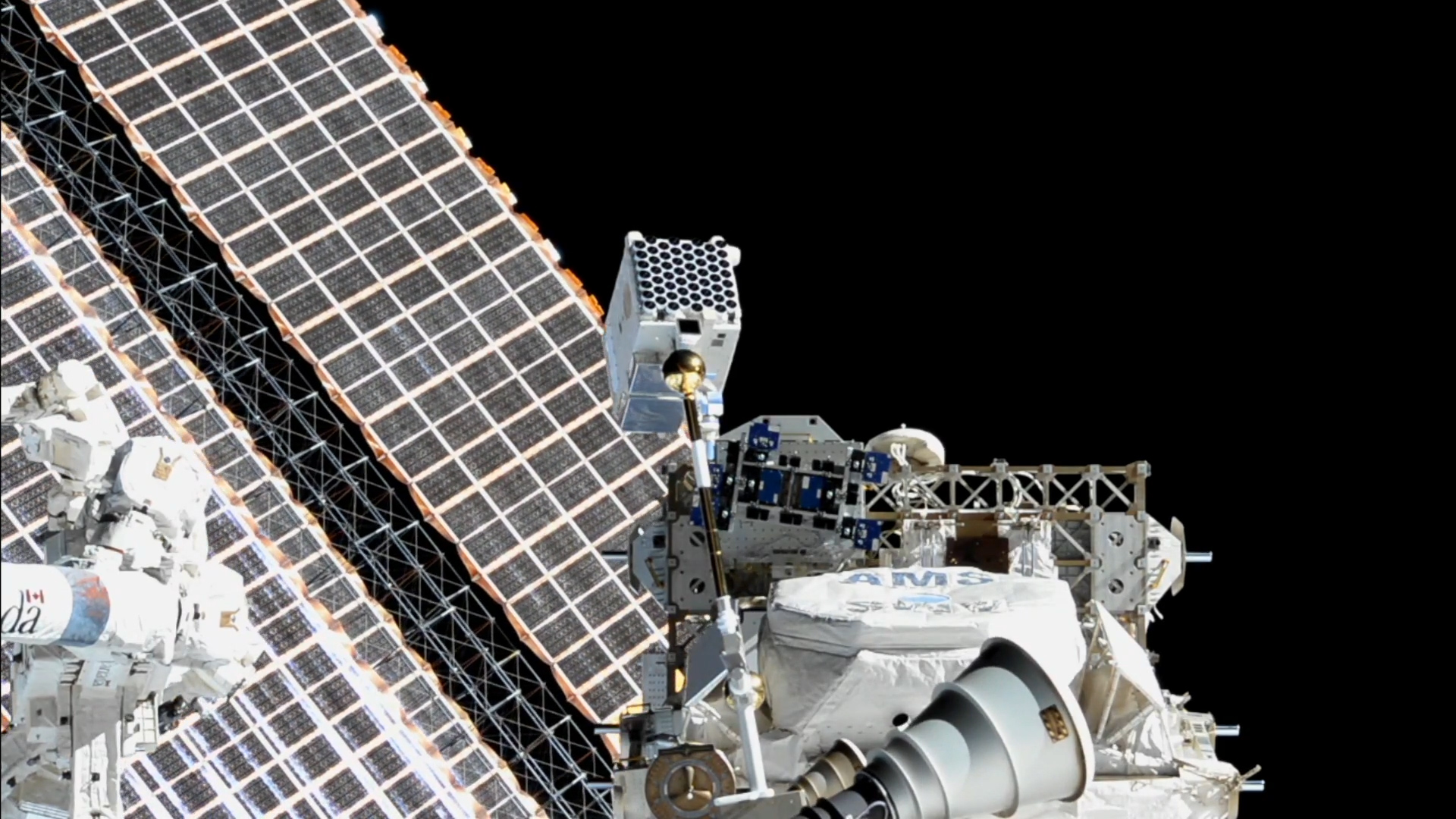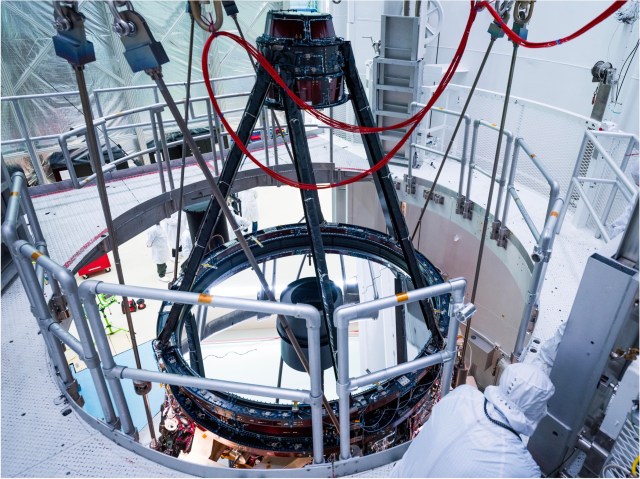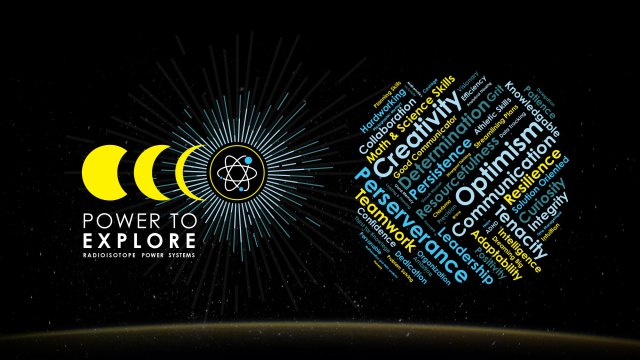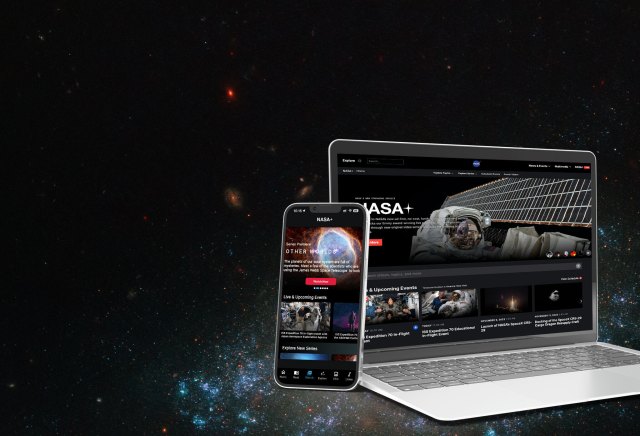NASA has selected 152 proposals for negotiation of Phase 2 contract awards in the Small Business Innovation Research program (SBIR). The selected projects have a total value of about $91 million. NASA will award the contracts to 126 small high technology firms in 27 states.
Two of the awards will develop technologies for the Innovative Partnership Program at NASA’s John C. Stennis Space Center:
- “Distributed Rocket Engine Testing Health Monitoring System” with American GNC Corp. in Simi Valley, Calif.
- “Passively Powered and Programmable Sensor-Radio Frequency Identification (RFID) for Integrated System Health Management Systems” with Mobitrum Corp. in Silver Spring, Md.
Both of the projects support the work of Stennis engineers to develop an Integrated System Health Management tool, a decidedly high-tech concept of systems monitoring for the American space program. The American GNC Corp. project would provide a highly distributed system with embedded intelligent health monitoring functions and the ability to learn new failures and conditions through evolving diagnostics. The Mobitrum Corp. project would help enable a cost-effective wireless measurements and health monitoring through power-harnessing sensor networks.
The SBIR program works with NASA’s mission directorates to select ventures that address research and technology needs for agency programs and projects.
The effort addresses specific technology gaps in mission programs and strives to complement other agency research investments. Program results have benefited numerous NASA efforts, including modern air traffic control systems, Earth-observing spacecraft, the space shuttle, the International Space Station and Mars rovers.
Innovative research areas among the selected proposals include:
- Advanced aerospace adhesives to minimize aging and increase durability of aircraft
- Novel computational tools to improve designs of future hypersonic spacecraft
- New approaches to fire suppression in spacecraft environments
- Technologies to monitor crew health and well-being using very small scale testing devices
- New instruments for small lunar rovers or landers to enable critical mineralogical analysis for studying moon regolith, rock, ice, and dust samples
- Advanced transmitters for deep space communications
The SBIR program is a highly competitive, three-phase award system. It provides qualified small businesses with opportunities to propose unique ideas that meet specific research and development needs of the federal government.
Phase 1 is a feasibility study to evaluate the scientific and technical merit of an idea. Awards are for as long as six months in amounts up to $100,000. Phase 2 expands on the results of the developments in Phase 1, providing awards for as long as two years in amounts up to $600,000. Phase 3 is for the commercialization of the results of Phase 2 and requires the use of private sector or non-SBIR federal funding.
Participants submitted 332 Phase 2 proposals. The criteria used to select the winning proposals included technical merit and innovation, Phase 1 results, value to NASA, commercial potential and company capabilities.
NASA’s Ames Research Center in Moffett Field, Calif., manages the program for the Innovative Partnership Program office. NASA’s Innovative Partnerships Program collaborates with U.S. industry to develop pioneering technologies, infuse them into agency missions and transition them into commercially available products and services.
For a list of the selected companies and proposals, visit:
https://www.nasa.gov/offices/ipp/technology_infusion/sbir/index.html.
For more information about NASA’s Innovative Partnership Program, visit:
https://www.nasa.gov/offices/ipp/home/index.html
– end –
text-only version of this release
Chris McGee, NASA News Chief
NASA Public Affairs Office
Stennis Space Center, MS 39529-6000
(228) 688-3249
Christopher.Mcgee@nasa.gov

